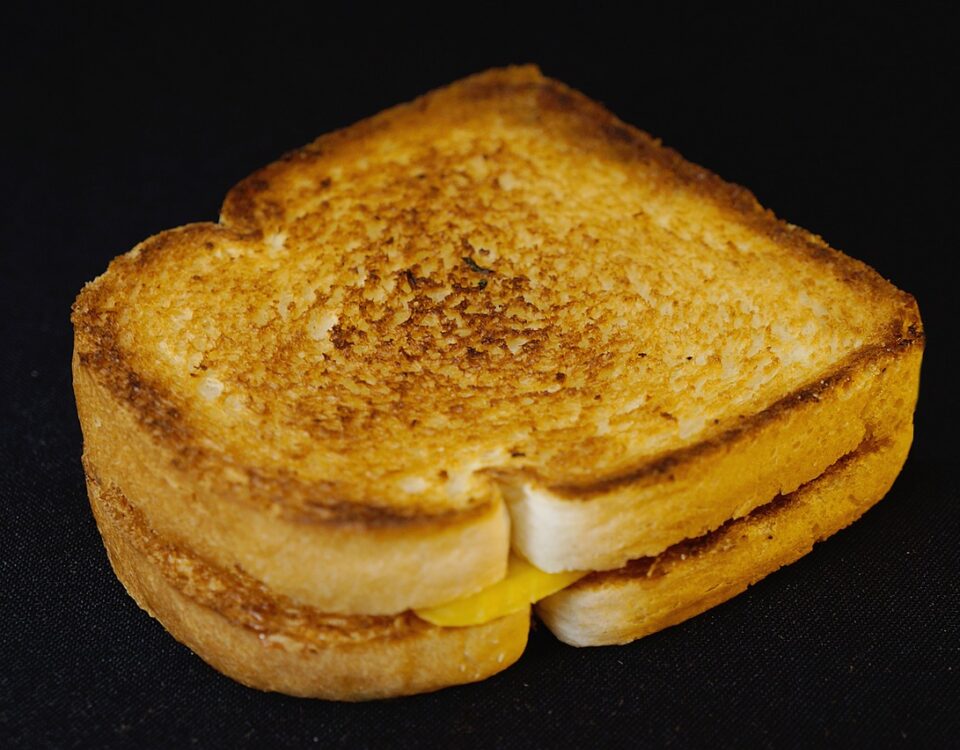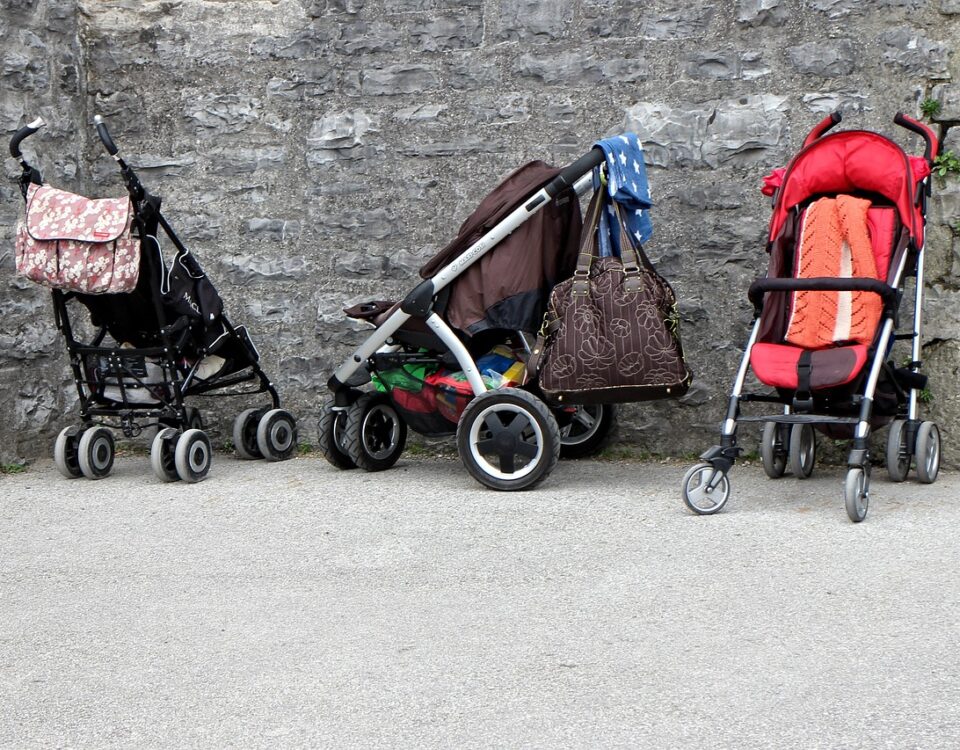
The Ins and Outs of Trade With Canada
August 30, 2018
August 2018 Friday’s e-links: From Rotten Tomatoes to Kidney Bean Tariffs and Cats
August 31, 2018To commemorate the birth of Colonel Harland Sanders (Sept. 9, 1890 – Dec. 16, 1980), KFC will give $11,000 to the first baby born on his birthday. The catch? You have to name him (or her?) Harland.
Colonel Sanders:
The company explained that it selected $11,000 because of its 11 herbs and spices. It expects the winner to use the money for college tuition.
So yes, KFC is looking for publicity. But the parents who name their little one Harland could also be sending a message.
Baby Names
Popular Names
During 2017, Harland was No. 3257 on the Social Security Administration’s list of leading baby names. Most popular in 1918, Harland has not been in the top 1,000 since then.
These were last year’s top ten for boys and girls:

Looking at each of those names, we can ask what the parents are telling us. These are some possibilities…
1.Names sometimes correlate with politics.
Conservative parents use more masculine sounding traditional names with harder consonants and/or fewer syllables. We might have the perfect example from Republican Sarah Palin (2008 VP candidate). She named two of her daughters Bristol and Piper and her two sons, Trig and Track.
Meanwhile, parents who are more liberal tend to select uncommon names that have obscure significance. For example, they might name their children Franny and Zooey because of J.D. Salinger. They also will select names with a more “feminine feel” and softer sounding letters.
2. Names can reveal consumption patterns.
According to researchers at the University of Chicago, our next step could be to hypothesize consumption patterns. Distinguishing themselves through tradition and wealth, conservative households vote Republican, own small businesses, occupy managerial positions and shop at Brooks Brothers. Liberals meanwhile like to communicate their cultural prestige by driving a Prius, having solar panels and wearing a Peruvian woven scarf that expresses a social concern for the world.
3. Names connect to jobs.
Several years ago, a group at Verdant Labs said they went through a list of more than two million people. Scouring public records, they connected names to professions and came up with some links. For example, if your name is Richie, it is more likely that you will become a guitarist. Meanwhile, Mikes and Jims tend to be football coaches.
When they connected the names and jobs, the people at Verdant Labs warned us not to assume that a list of football coaches will necessarily have more Mikes and Jims. Instead they discovered that among people named Mike, there was an unusually high percent of coaches.
Here is an excerpt from a Verdant Labs graphic with the names/jobs connections:
Our Bottom Line: Signaling
While I am not sure about the academic rigor for some of the baby naming research, I do believe that many parents say something through their children’s names. They send a signal.
Explained by behavioral economists, signaling can involve a very specific act that conveys a much broader message. A politician votes for the death penalty to show he is tough on crime. Someone shops at Annye’s Organics to demonstrate concern about the environment. And, you name your little boy Odysseus to display your knowledge of Greek mythology as you nudge him in a literary direction.
But what then is the winner of the Harland contest signaling?
My sources and more: You might enjoy (as did I) the KFC naming rights “analysis” in this Atlantic article. Then, this Washington Post article on the significance of names takes the next step some insight. And finally, if you enjoy Freakonomics podcasts, these have all you could want to know about baby names.
Please note that several sentences from today’s post were in a past econlife and our Colonel Sanders photo is from Wikipedia.
![econlifelogotrademarkedwebsitelogo[1]](/wp-content/uploads/2024/05/econlifelogotrademarkedwebsitelogo1.png#100878)






